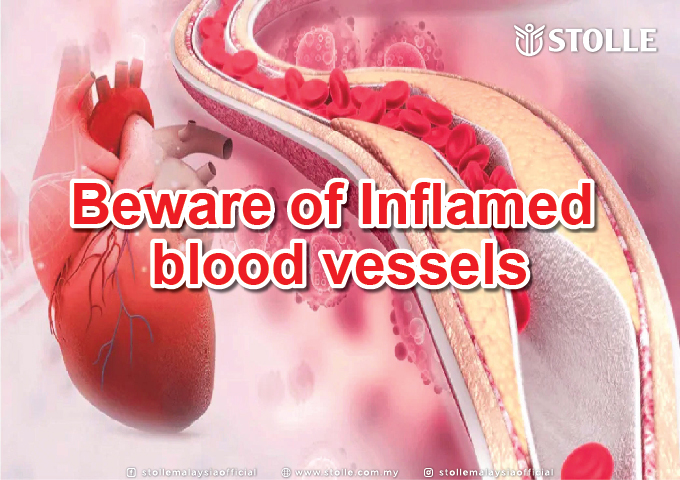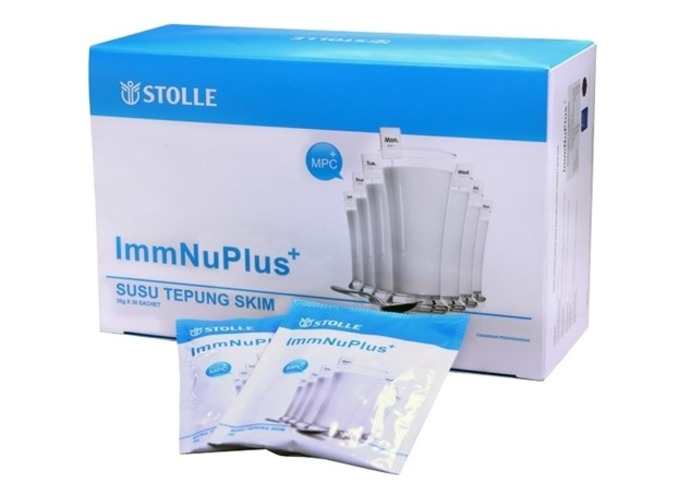

Beware of inflamed blood vessels
Vasculitis, as the name suggests, is a disease that causes inflammation of the blood vessels and is considered a rare inflammatory condition. It involves inflammation of the blood vessel walls, which can affect the integrity of any type and size of blood vessel, from large arteries to tiny capillaries. This condition can lead to thickening of the blood vessel walls, thereby narrowing the width of the vascular channels. When blood flow is obstructed, a series of health problems can arise, including:
- Organ Damage: Vasculitis can affect the organs and tissues supplied by blood. For example, if there is insufficient blood supply, vital organs such as the heart, kidneys, lungs, and brain may be damaged.
- Aneurysms: Inflammation and weakening of the blood vessel walls can lead to the formation of aneurysms. A ruptured aneurysm can cause internal bleeding, which can be life-threatening.
- Thrombosis: Inflammation can lead to abnormal blood clotting, causing thrombosis, which further obstructs blood flow and can potentially trigger a heart attack or stroke.
- There are many types of vasculitis, and the causes of vasculitis are diverse, but mostly caused by autoimmune diseases. Different types of vasculitis tend to occur in specific age groups, but vasculitis can affect individuals of any age and gender.
What are the symptoms of vasculitis?
Most types of vasculitis share general signs and symptoms such as unexplained fever, headache, fatigue, weight loss, and widespread pain, and may be accompanied by rashes, arthritis, kidney failure, and more. Symptoms can vary depending on the specific blood vessels affected.
How can we protect our vascular health and prevent vasculitis in daily life?
- Healthy Diet
- Eat more antioxidant-rich foods: Such as fruits, vegetables, whole grains, nuts, and turmeric.
- Choose healthy fats: Such as olive oil, avocados, and omega-3 fatty acids found in fish, which help reduce inflammation.
- Reduce processed foods and sugar: Processed foods and high-sugar diets may promote inflammation and should be avoided as much as possible.
- Regular Exercise
- Engage in at least 30 minutes of moderate-intensity exercise daily, such as brisk walking, swimming, or cycling. Exercise helps improve blood circulation and reduce inflammation.
- Combine aerobic exercise and strength training can comprehensively improve cardiovascular health.
- Maintain a Healthy Weight
- Obesity is a risk factor for many cardiovascular diseases and inflammation. Maintain a healthy weight through a balanced diet and regular exercise.
- No Smoking
- Smoking damages the inner walls of blood vessels and increases inflammation. Quitting smoking is an important step in protecting blood vessel health.
- Control Chronic Diseases
- Reduce Stress
- Maintain Good Sleep Habits
- Adequate sleep is crucial for body repair and immune system health. Aim for 7-9 hours of sleep each night to help reduce the risk of inflammation.
- Drink Stolle Immune Milk
- ImmNuPlus is rich in immune nutrients, which can effectively assist in regulating immunity, reduce blood pressure and blood cholesterol level, as well as support gastrointestinal health.

Stolle ImmNuPlus support immune balance and your heart health! Immune Today, Healthy Everyday!







